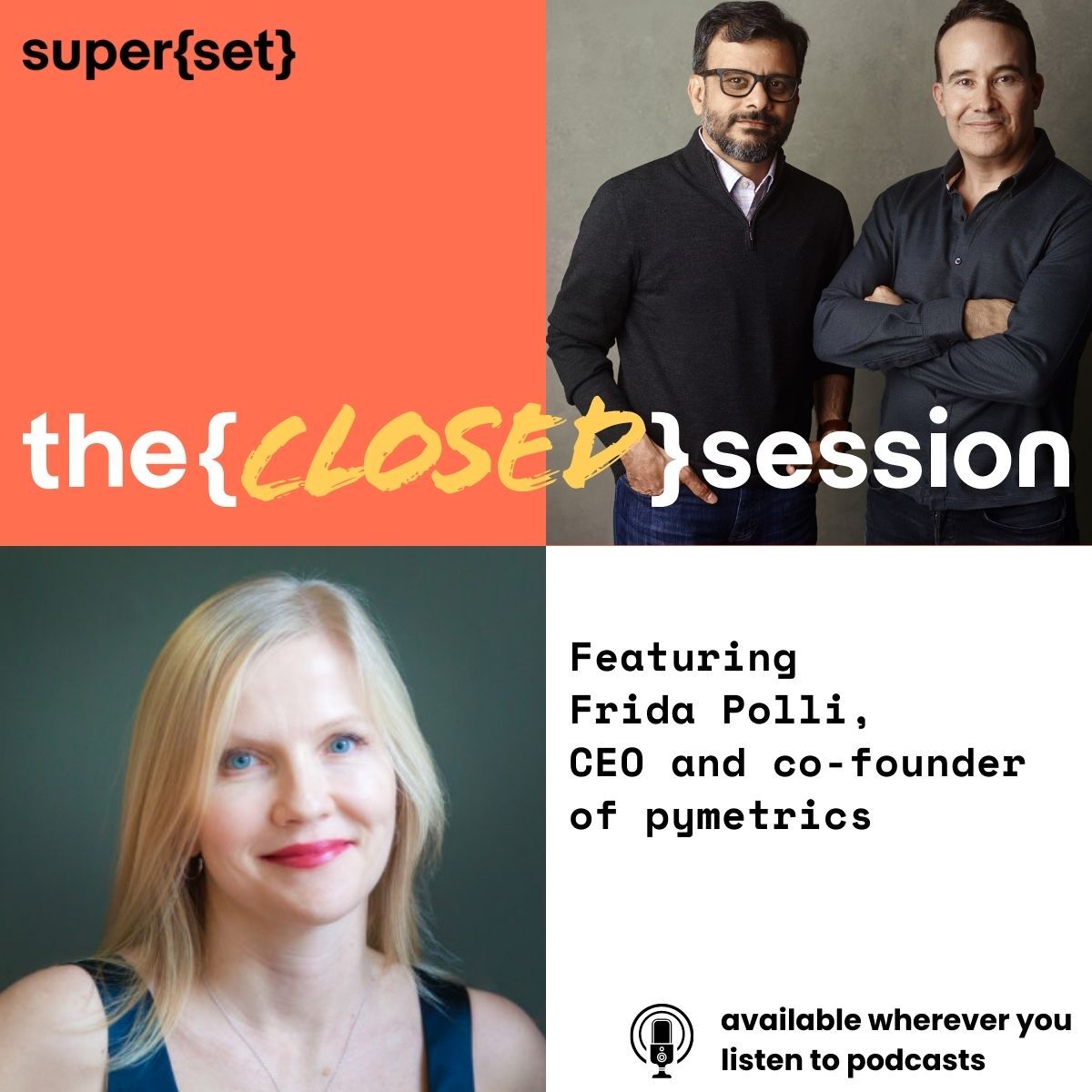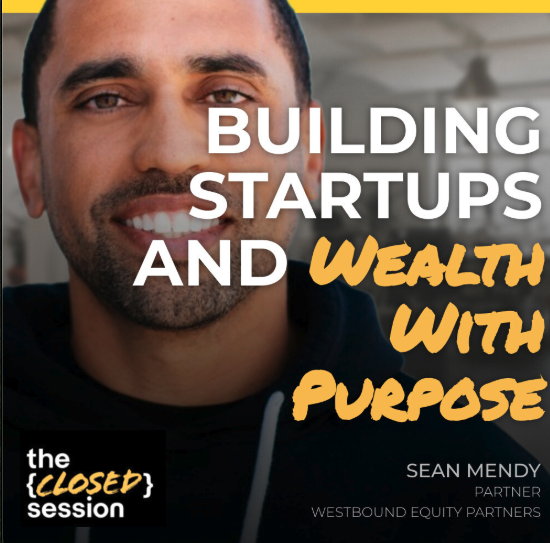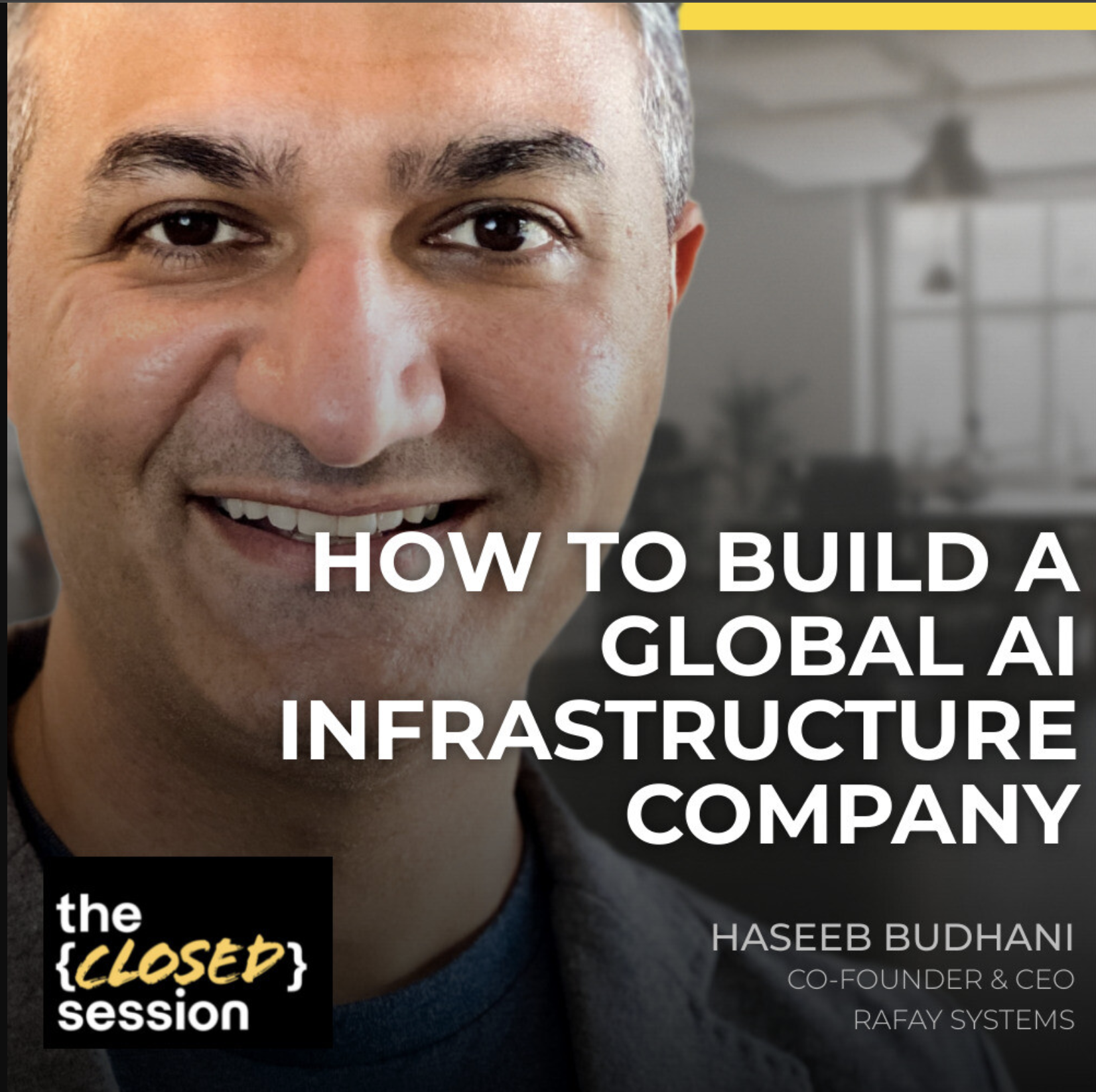
Frida Polli, CEO and co-founder of pymetrics
Guest, Frida Polli, CEO and co-founder of pymetrics (acquired recently by Harver)
Twitter: @fridapolli
Instagram: https://www.instagram.com/fridapolli/
LinkedIn: https://www.linkedin.com/in/frida-polli-phd-03a1855
Harver: https://www.linkedin.com/company/harver
Twitter: https://twitter.com/harverhrm
Tech, startups & the big picture
Subscribe for sharp takes on innovation, markets, and the forces shaping our future.
PODCASTS
More Episodes
Explore additional conversations with entrepreneurs, investors, and leaders shaping the future of tech and business.




